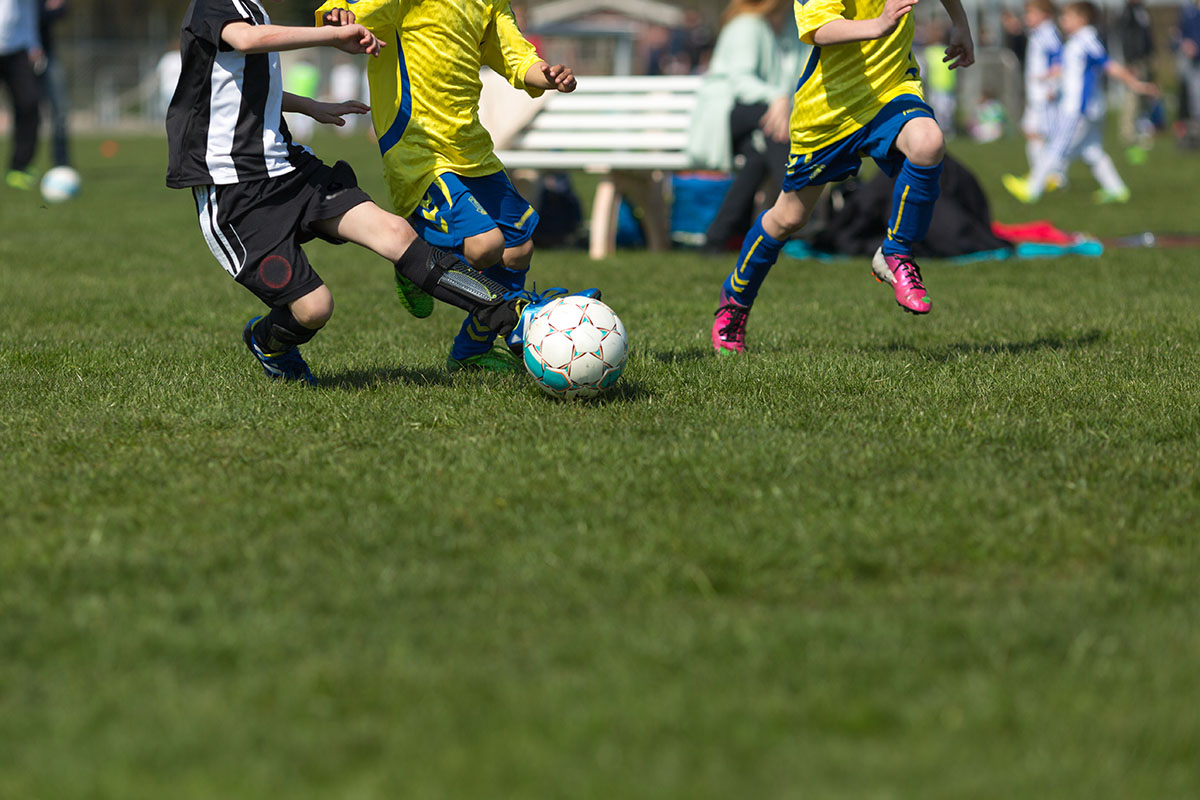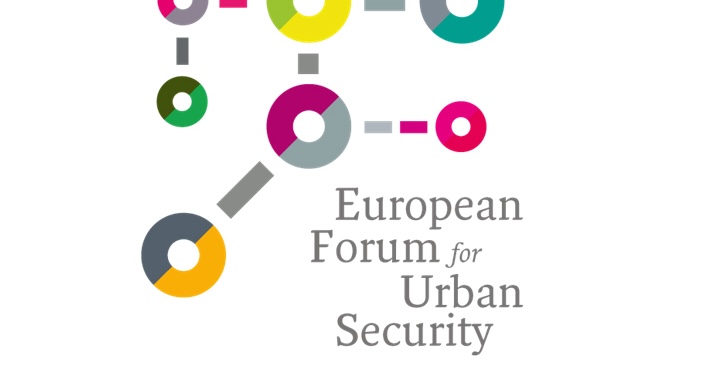 The European Union laid the foundations of its policy on sport in the 2007 White Paper on Sport and the Pierre de Coubertin action plan annexed to it. Since the Lisbon Treaty (2009), the EU has a legal base to structurally support sport through the Erasmus+ programme. The Work Plan for Sport (2017-2020) adopted in 2017 is the EU’s most comprehensive strategic document on sport. Its main aspects concern the integrity of sport, its economic dimension, and sport and society.
The European Union laid the foundations of its policy on sport in the 2007 White Paper on Sport and the Pierre de Coubertin action plan annexed to it. Since the Lisbon Treaty (2009), the EU has a legal base to structurally support sport through the Erasmus+ programme. The Work Plan for Sport (2017-2020) adopted in 2017 is the EU’s most comprehensive strategic document on sport. Its main aspects concern the integrity of sport, its economic dimension, and sport and society.
The European Forum for Urban Security (Efus) is particularly interested in the third aspect. An association founded in 1987 and gathering 250 European local and regional authorities, Efus has been working for many years on issues linked to sport and urban security. Today, it is leading the MATCH-SPORT European project, which seeks to prevent discrimination in amateur sport.
> A third of Europeans concerned by discrimination in sport
According to various EU studies, 60% of the population practise sport, although that percentage varies greatly from one country to the other. When asked about the negative aspects of sport, 18% mention violence and 32% discrimination¹. Furthermore, a 2010 report by the EU’s Fundamental Rights Agency (FRA) highlights the existence of discriminatory violence in amateur sport as well as a new phenomenon of attacks against Muslims, Roma people, ethnic minorities, homosexuals and refugees.
On the other hand, professional and amateur sport are also powerful tools to promote tolerance and civic values among the public, in particular the young, and indeed the EU highlights the role they can play in strengthening social inclusivity in its 2017-2020 Work Plan for Sport.
> A European cooperation project to act locally
Amateur sport is by nature local, and it is therefore at this level of governance that actions can be taken on the ground to prevent racism and all other forms of discrimination, notably against girls, a phenomenon that is less visible because under-reported. Such was the aim of the Sport+ European project (2015-2016) and the European Prize for Social Integration Through Sport led by Efus, which inspired the European Commission to create its #Beinclusive Awards.
Efus had also previously initiated the “Euro 2000 – Cities Against Racism” project, which sought to combat racism during the UEFA European football championship hosted by Belgium and the Netherlands. More recently, in 2010, Efus was officially recognised by the EU as a legitimate partner in its efforts to prevent violence in large sports events, in particular as regards cooperation with local authorities².
> Six European municipalities
Co-funded by Erasmus +, the Efus-led MATCH-SPORT project seeks to develop or strengthen programmes to counter and prevent violence and discrimination in amateur sport; help local authorities gain knowledge on violence and discrimination and prevention strategies, and give local partners (sport clubs, associations, institutions other than local authorities) adequate tools to respond to problems in a consistent and global manner. Local stakeholders are indeed often aware of the problems but feel ill equipped to solve them.
MATCH-SPORT gathers six European municipalities – Liège (Belgium), Lisbon (Portugal), Loano (Italy), Maranello (Italy), Nea Propontida (Greece), and Valence (France) – as well as the European Sports Academy Brandenburg (Europaische Sportacademie Land Brandenburg, Germany), the Italian Union ‘Sport for Everyone’ (Unione Italiana Sport per Tutti), and the Portuguese Ministry of Internal Administration.
> A global vision on issues and local pilot projects
An important aspect of this project is that it enables local authorities from different countries, each with their own specificities, to exchange experiences and thus mutually enrich each other in an area that is still lacking global data and policies. This on-the-ground approach corresponds to local authorities’ need for pragmatic solutions.
Another aspect is that the project has produced an overall picture of discrimination and violence in amateur sport throughout Europe. The project partners have spent several months conducting such a survey across Europe. They first agreed on a precise definition of discriminatory violence and then analysed this phenomenon according to two criteria: how data is collected and to what degree local actors are aware of it. Lastly, they examined how local authorities respond.
They collected 18 good practices (three for each municipality taking part in the project), which will be featured in a publication. One example is the Italian municipality of Maranello who developed an “Educational Charter for Youngsters and Sport” that proposes a series of principles on local sport activity based in large part on the young’s needs and expectations. One of the activities conducted in the framework of this charter is the Fair Play championship that distinguishes sports clubs having shown the best spirit of tolerance and civic engagement.
> A festival during the European Week of Sport
Furthermore, the project will develop training modules for clubs and volunteers, including parents, in order to help them detect, prevent and counter discrimination.
The project’s next phase will consist in designing and implementing pilot projects in the six partner cities, which will all include training.
MATCH-SPORT will conclude with a festival that will be organised by UISP and Efus during the autumn 2020 European Week of Sport.
Mariaelena Mililli
Deputy Mayor in charge of tourism, the promotion of the municipality, sport, culture, special events, legality, trade, productive activities and equal opportunities
Municipality of Maranello (Italy)
1 : Special Eurobameter, The citizens of the European Union and Sports, 2004
2 : Conclusions of the 3051st JUSTICE and INTERIOR AFFAIRS Council, Brussels, 2 and 3 Decembre 2010, Council of the European Union





